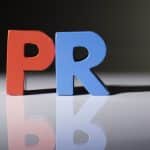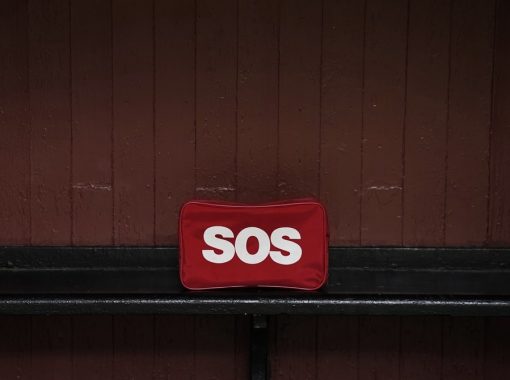
How to Write Fantastic Sub-Headlines For Press Releases
In most press release distribution service interfaces, there’s a subheadline field you can populate. This portion of a press release provides companies with an added opportunity to capture the attention of your target audience if you craft it carefully.
In this blog post you’ll learn:
- What a subhead is and its purpose in a press release
- How to write a press release subhead
What is the subhead of a press release?
The subheadline or sometimes referred to as subhead is a short summary between the press release headline and body text that provides additional context or information about the news of the campaign.
Public relations professionals use it to highlight key details, emphasize the newsworthiness of the press release, or give a brief overview of the announcement.
No matter the route taken, the press release subhead is meant to grab reader attention and encourage them to read on.
Let’s dig into these options in more detail.
4 reasons you should include a subheadline in your press release
It supports the headline
The subheadline supports the press release headline with more information. The subhead can clarify and also entice the reader with further details.
It serves as a teaser
The subhead can work with the headline as a teaser, to get people to read on.
Depending on the press release website, the headline and subhead will be visible when shared giving your content more of a chance to capture journalist attention.
It can appear in search engines
On search engine results pages (SERPs), you’lll see the headline and some text underneath. Google will create their own text in most cases, but other search engines will often use your subhead to populate this area.
It serves as a summary of the press release
Your subhead can also be a useful summary of what your press release is all about, but with just enough intrigue to get journalists to want to read the entire release.
Here is one of many subhead press release examples highlighted in yellow:
How do you write a subhead for a press release?
Writing an effective press release subheadline requires you to succinctly summarize the main message of your campaign. This section should be clear, engaging, and complement your headline and supporting content.
Here are some essential tips to make the most of your subhead:
Include keywords
You should include keywords in your headline and subhead. They can be related to your company, brand, niche or industry. This will help journalists and other interested readers find your content via search.
Use emotive words
The best suvheadlines can make an emotional connection with the reader. Think of the difference between decrease, cut and slash, or increase, boost, soar. Each has roughly the same meaning, but some of the words are more dramatic than others.
Increase brand recognition
Press releases are an authoritative and trust way to build brand awareness. Remember, people don’t buy from brands they don’t trust. Use your company name in your headline and/or subhead to increase your brand recognition.
Keep it brief
Make every word count and aim for around 25 words in your subheadline.
Write the subheadline last
The press release subhead adds details to clarify the headline and summarize the press release. Saving that section until last will help you effectively communicate your message with your audience.
Be clear and try to intrigue the press and public.
The headline is a promise of what they will learn. The subhead is even more of a tease and enticement to get them to read on.












